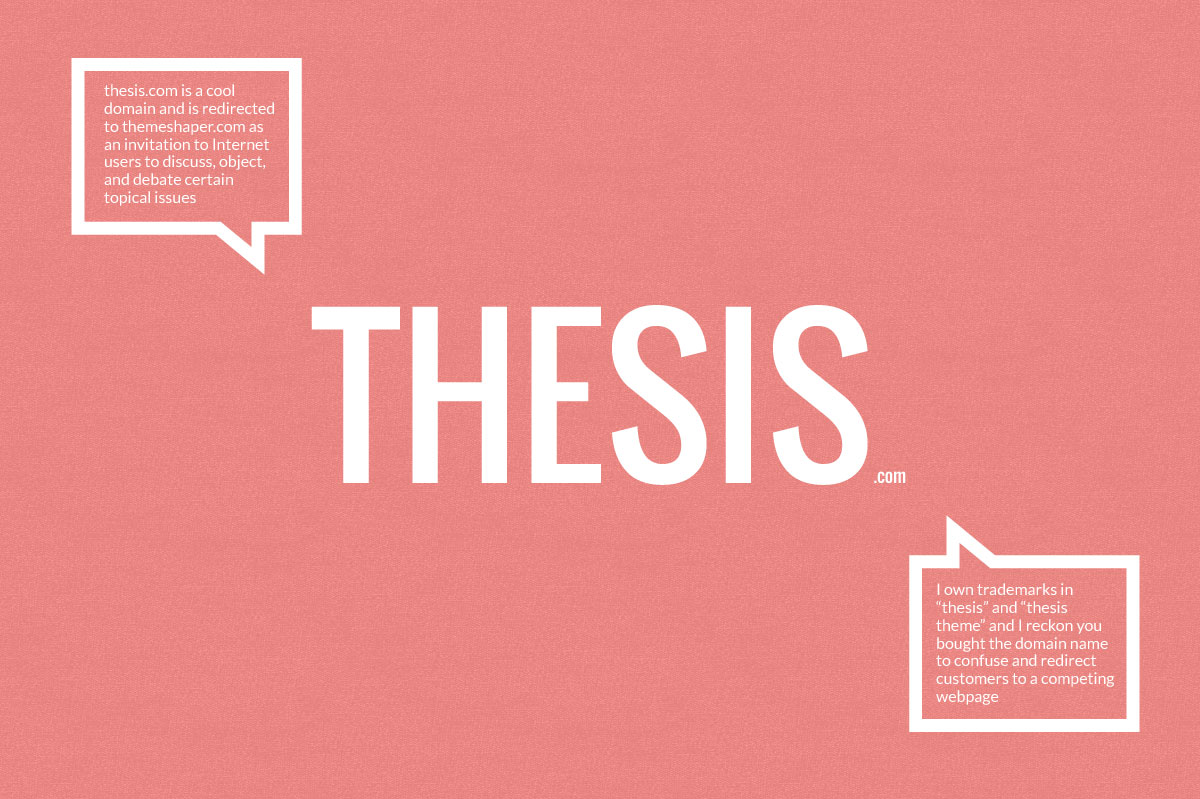Automattic, WordPress.com, Jetpack, European cookie laws and transparency
Setting the scene In Legal checks when building a content-driven WordPress website, I discussed cookies — not the edible variety but the small text files that are stored on your computer or mobile device when you visit or undertake certain activity on certain websites (for further information about cookies, see https://www.allaboutcookies.org.) I observed that, whilst many countries don’t have laws that require disclosure of cookies, in Europe there are specific (and controversial) cookie laws. Website owners in European Member States are required to: provide clear and comprehensive information about the cookies they are using; and obtain consent to store a cookie on a user or subscriber’s device. There are some narrow exceptions but I don’t think I need to mention them again. Questions The questions I want to explore in this post are these: What are the implications of the European cookie laws for European users of WordPress.com and Jetpack? Are users of WordPress.com and Jetpack able to obtain sufficient information as to the cookies that these services set? If not, do the cookie laws …




